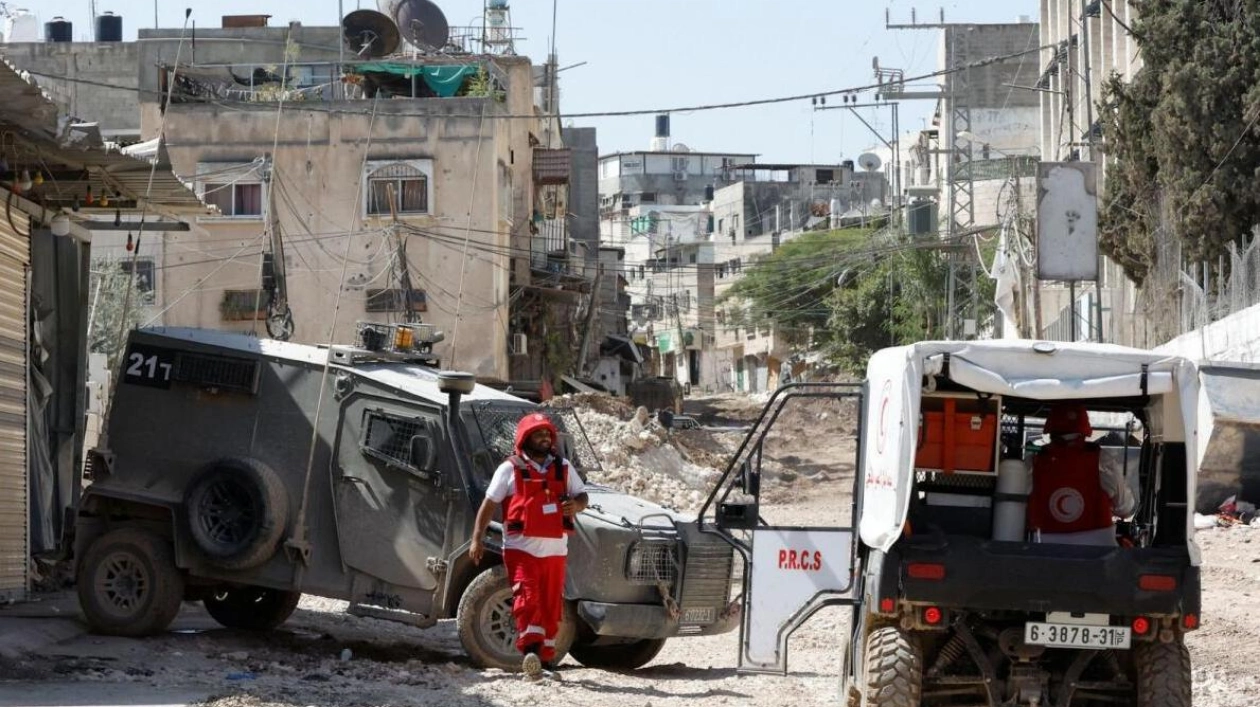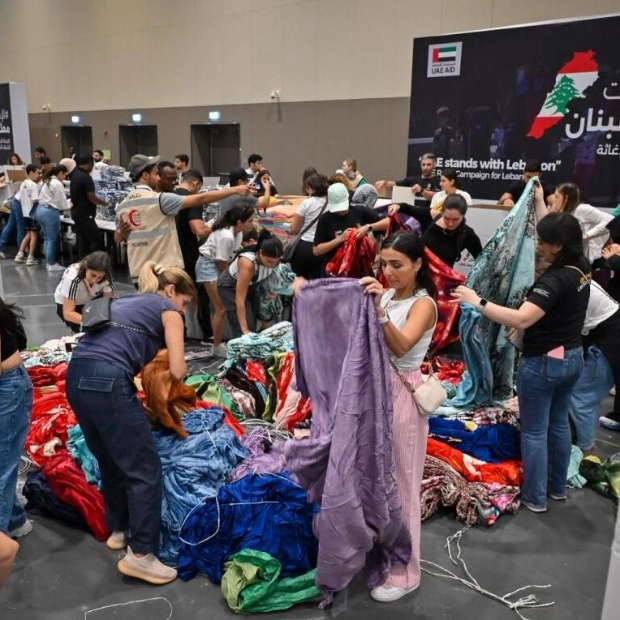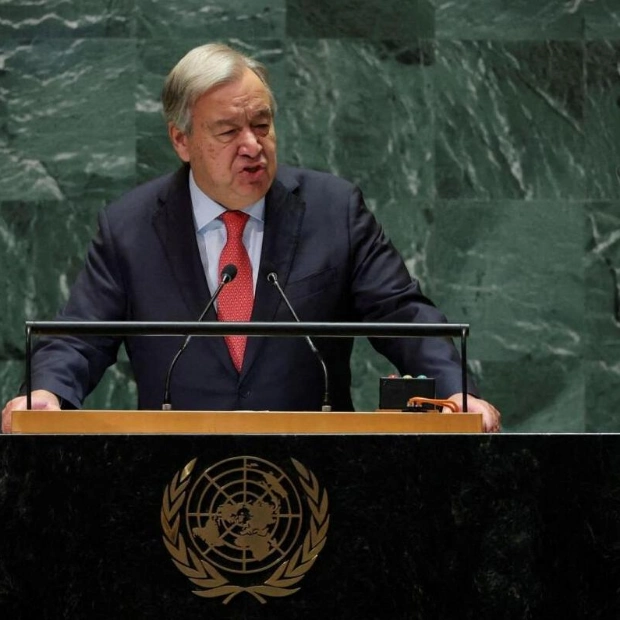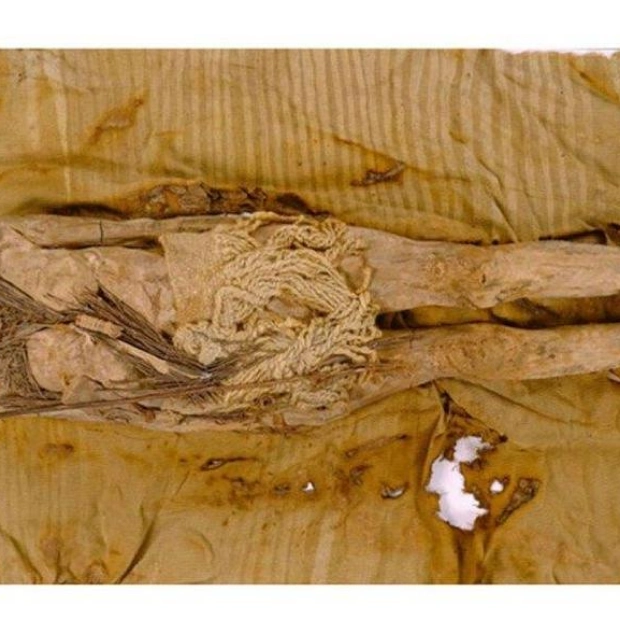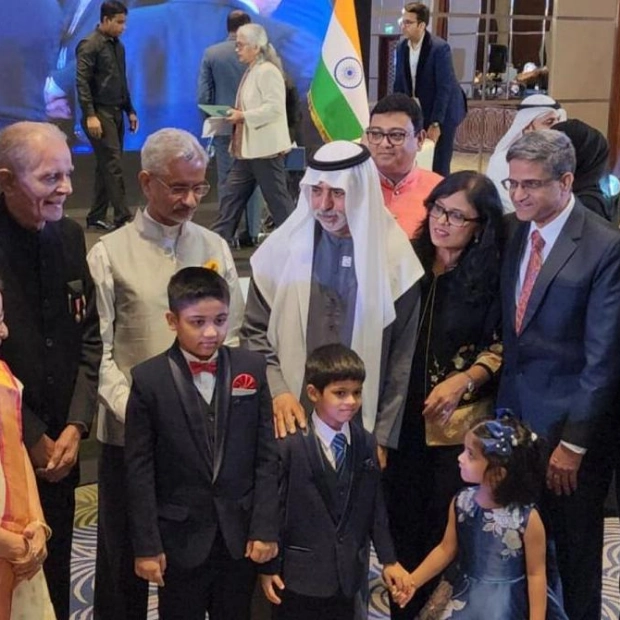A member of the Palestine Red Crescent Society walks beside an Israeli military vehicle during an Israeli raid in Tulkarm in the Israeli-occupied West Bank on September 12, 2024. — Reuters
Aid workers in the Middle East are warning of flagrant violations of the laws of war in the escalating conflict, setting a dangerous precedent. Since Hamas's deadly October 7 attack on Israel from Gaza last year, humanitarians claim that both warring parties are disregarding international humanitarian law (IHL). "The rules of war are being broken in such a blatant manner... it is setting a precedent that we have not seen in any other conflict," said Marwan Jilani, vice-president of the Palestine Red Crescent (PCRS). Speaking at a meeting in Geneva of the 191 national Red Cross and Red Crescent societies, he expressed concern over a "total disregard for human life and international humanitarian law". Amid Israel's retaliatory operation in the Gaza Strip, local aid workers are delivering assistance while facing the same risks as the general population.
The PCRS has over 900 staff and several thousand volunteers in Gaza, where more than 43,000 Palestinians have been killed, according to the Hamas-ruled territory's health ministry, and where the UN reports that virtually the entire population has been displaced multiple times. "They are part of the community," said Jilani. "I believe every single member of our staff has lost family members." He particularly criticized the "deliberate targeting of the health sector". Israel denies these allegations and asserts that its military operations in both Gaza and Lebanon are in compliance with international law. However, Jilani stated that "many of our staff, including doctors and nurses, were detained, held for weeks, and tortured". Since the war began, 34 PRCS staff and volunteers have been killed in Gaza, with two more in the West Bank, mostly while on duty. Four other staff members remain detained, their whereabouts and condition unknown.
Jilani warned that the disregard for basic international law in the expanding conflict is eroding the belief in its existence. "A huge casualty of this war is the belief within the Middle East that there is no international law," he said. Uri Shacham, chief of staff at Israel's emergency aid organization Magen David Adom (MDA), also condemned the disregard for laws protecting humanitarians. During Hamas's October 7 attack, which resulted in the deaths of 1,206 people according to an AFP tally of official Israeli figures, MDA staff and volunteers were killed while trying to help. Shacham said they were killed "while treating others, identified as humanitarians." This was "unbelievable for us," he said, warning of potentially dangerous consequences. "Our biggest concern is that once the barrier was broken, others might follow," he cautioned.
The Red Cross in Lebanon, where Israel has been conducting ground operations and intensifying air strikes against Hezbollah, also condemned the situation. Thirteen of its volunteers have been injured on ambulance missions. Samar Abou Jaoudeh, a top official, told AFP that they did not appear to have been directly targeted. "But not being able to reach the injured, and missiles hitting in front of an ambulance, also shows a lack of respect for IHL," she said, emphasizing the urgent need for more respect for international law on the ground. Abou Jaoudeh feared Lebanon, where at least 1,620 people have been killed since September 23 according to an AFP tally based on official figures, could face a similar fate to Gaza. "We hope no country faces what Gaza is facing now, but unfortunately, some of that scenario is beginning to resemble Lebanon," she said. The Lebanese Red Cross is preparing for all scenarios but hopes it won't reach that point.
Source link: https://www.khaleejtimes.com
